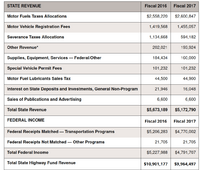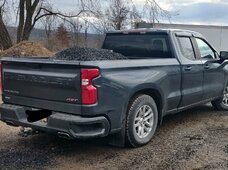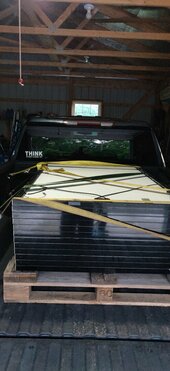The diesel engines of the 1970s were a result of the energy crisis. The government was pushing car manufacturers to reduce fuel consumption because we thought we were going to run out. The manufacturers rushed to make changes to conserve fuel. Some thought that small diesel engines would meet the goals because of improved fuel economy with diesel. The design engineers were not given realistic time for development. The early diesels were very poor and unreliable. They also suffered from a lack of cold starting ability for a variety of reasons, and coincidentally, the winters of 1976-1978 were some of the coldest in modern history for much of North America. At this time consumers did not think much of diesel engines.
I was driving pickups trucks on a farm in 1978. The first diesel pickup truck I was ever around was a Chevy 1500 my friend's dad bought on a neighboring farm around 1983. He got rid of that truck after only a few years. His biggest complaint was the engine. Diesel engines certainly were made in the 1970s, by US auto makers, but there were very few on the road. If I saw a diesel on the road back then it was probably Mercedes Benz. US auto makers just did not get diesels on the road in any meaningful numbers until about a decade later.





